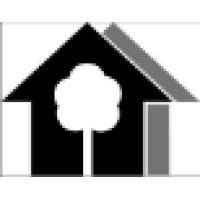
Qeqqata Kommunia
Qeqqeta Kommunia is located on Greenlands west coast. Greenland is the largest island in the world and the 56,000 inhabitants in Greenland live in towns and settlements scattered along the coastline and the fjords. Less than 10.000 people live in Qeqqata Kommunia. The municipality is divided by the Arctic Circle, which is situated just south of the settelment Itilleq. The climate is arctic, with temperatures down to minus 35 degrees celcius in winter and up to plus 20 in summer. The municipality is situated in the ice free open water area, which can be reached by ship all year round. The municipality is the southernmost municipality where dog sledges are used. Greenland's main airport, Kangerlussuaq Airport is situated in the municipality of Qeqqata Kommunia and serves as the main air transport hub in Greenland. Fishing is the municipality’s primary industry. In Sisimiut and Maniitsoq there are several large boats and trawlers, that fish shrimp, snowcrab and codfish. In addition many fishermen and hunters hunt seals, caribou and musk ox. The municipality have a well developed tourism industry. In Qeqqata Kommunia great experiences and rich challenges are awaiting you in a spectacular landscape with lots of history, nature and an enterprising local community.






